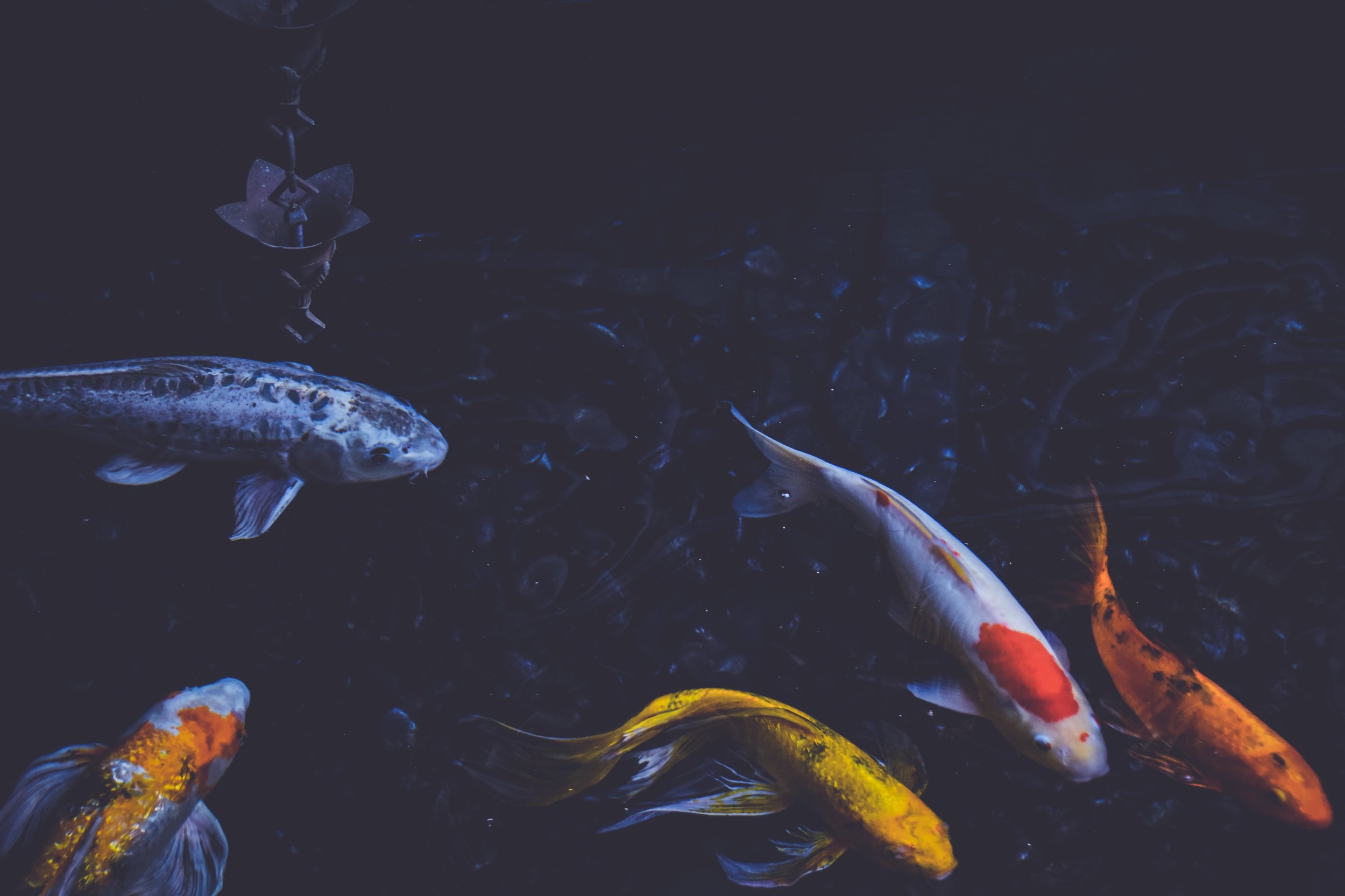What the Hell is Mindfulness?
Source: Kevin Horstmann/StockSnap
I’ve developed a sort of anxiety from CNN alerts. I wake up, check my phone, read the headlines that chronicle the major atrocities or secret political meetings that occurred in the middle of last night. After nine months of letting our presidential administration ruin my mental health, I’ve decided to spend my mornings practicing mindfulness instead of scrolling my phone from the comfort of my bed. In telling people this, I’ve gotten a few “good for you’s” and several eye-rolls that are usually reserved for vegans, but also a surprising number of puzzled looks. What is mindfulness, and how is it changing the way I approach my day? A breakdown:
What tf is mindfulness?
Before writing it off as a fleeting pop culture trend, consider that it originates in ancient traditions of wisdom and meditations, specifically in Buddhist and Himalayan cultures. To be extremely simple, mindfulness is just a shift in the way that you pay attention. Instead of ignoring thoughts that make you feel bad, or wallowing in anxiety that you just can’t shake, being mindful of your thoughts — simply acknowledging that they exist, without judging yourself for thinking them — can change the way you let your thoughts affect you. Think of it as talking to the people you didn’t want to see at a cocktail party. It’s uncomfortable at first, but you walk away glad that you made a connection on some level.
The main concept is this: the key to fulfillment and true wellbeing lies not among external circumstances of our lives, but the internal: the states of our minds and the quality of our consciousness.
How do you practice it?
In this Ted Talk, mindfulness expert Andy Puddicombe defends that mindfulness only takes ten minutes every day. He physically demonstrates the complexity of focusing on multiple things at once by juggling tomatoes at different paces until one tomato inevitably steals all the attention, just as our minds fixate of a recurring, worrying thought.
Puddicombe’s demonstration clears the confusing idea that meditation and mindfulness resemble disciplined elimination of thoughts, and more closely embodies calm awareness of thoughts as they come and go. He even went a step further to develop an app called Headspace, with guided 10-minute meditations for users to explore at their own pace. It’s incredibly easy to use, whether you find a private room in the library, close yourself off in a cubicle, or collapse in to your bed at the end of a long day.
“All you need to do is take ten minutes a day to step back, to familiarize yourself with the present moment so that you get to experience a greater sense of focus, calm and clarity in your life.” Hella approachable, if you ask me. Which you are, because you’re reading this.
Why should you care?
“The most obvious and important realities are often the ones that are hardest to see and talk about. Stated as an English sentence, of course, this is just a banal platitude, but the fact is that in the day to day trenches of adult existence, banal platitudes can have a life or death importance,” said the late David Foster Wallace in one of the most celebrated commencement speeches, and his only public address.
This clip of his speech illustrates the pivotal effects of practicing mindfulness and compassion both in and out of the workspace. It’s also just one of my favorite videos of all time, so you should watch it. The video applies Wallace’s speech given at Kenyon College in 2005 to a visual of the average white-collar American shopping for groceries after a stressful day at work. Wallace finishes by repeating the phrase, “this is water,” which serves both as the title of his speech and a mantra to use throughout the day.
Ultimately, mindfulness is a balance of focus and relaxation that creates a deeper awareness of ourselves, and allows us to understand how others think and feel as well. It doesn’t require incense or chanting while sitting cross-legged on the floor; mindfulness can take as little as a few minutes every day. Practicing purposeful attention can help you manage the unwavering stress of adult life and connect with other people on a deeper level.
Like a good cup of coffee, but without the jitters or stained teeth.
